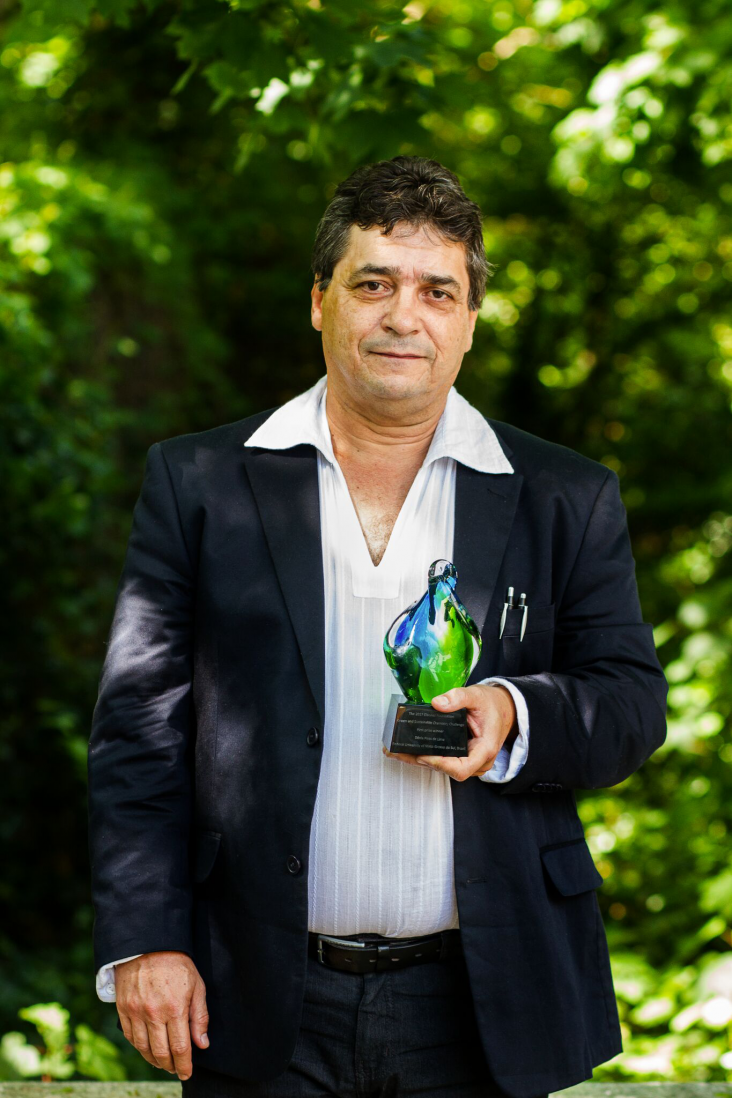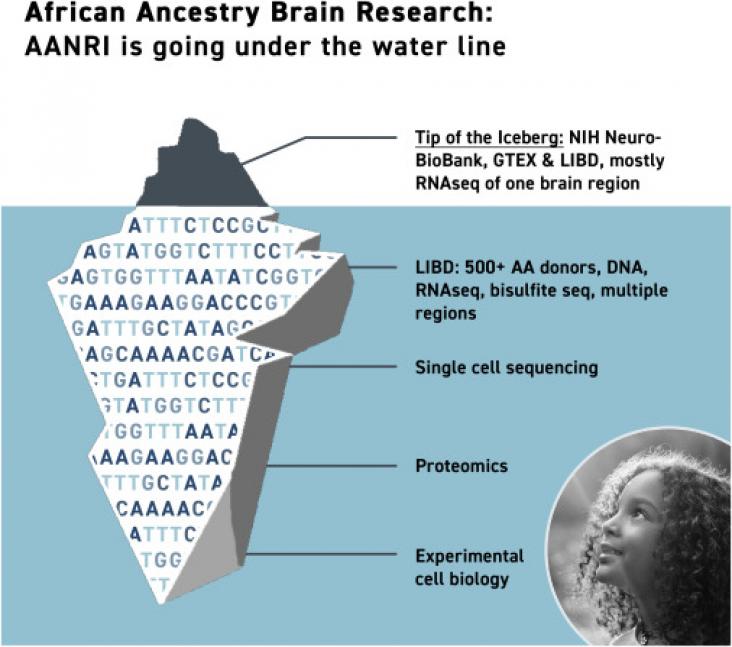
Explore the intricate dynamics of fetal programming and its implications for SDGs.. Unearth the potential of early-life interventions with RELX.
Global burden and trends in premenopausal and postmenopausal breast cancer: a population-based study
Background: Breast cancer has distinct causes, prognoses, and outcomes and effects in patients at premenopausal and postmenopausal ages.
This study supports SDG 3 and 10 by showing increased mortality due to COVID-19 in Brazil’s mixed ethnicity and Black populations and regions with lower levels of socioeconomic development, highlighting the need to better protect these vulnerable groups from the adverse effects of the COVID-19 pandemic.
This study supports SDGs 3 and 6 by suggesting that current methods of cholera control are insufficient at achieving zero transmission of Vibrio cholerae in Haiti, and that large-scale cholera vaccination campaigns are needed alongside improvements in water and sanitation for long-term cholera elimination.
An Article in support of SDGs 2 and 3, analysing the effectiveness of multiple micronutrient powders in infants and showing net health benefits of this intervention in most countries, although cost-effectiveness varied in different settings.
This Research Paper supports SDG 3 by demonstrating that the use of rapid whole-exome sequencing to detect rare genetic diseases can reduce health-care expenditure and achieve net healthcare cost-savings in clinical settings in Hong Kong.
A Commission on dementia prevention, intervention, and care, in the context of SDG 3, focusing specifically on individual-level and policy-level interventions for modifying risk factors to prevent or delay onset, tackling inequalities, providing holistic post-diagnostic care, managing neuropsychiatric symptoms, and caring for family carers.

In 2017, Dr. Dênis Pires de Lima from the Federal University of Mato Grosso do Sul, Brazil, was awarded the first prize of € 50,000 for his project “From Cashews to castor oil, combating mosquito-borne diseases.” Contributing to SDGs 3 and 15, Dr. Pires de Lima and his team’s project promoted the use of natural waste from locally sourced cashew nuts and castor oil, to produce environmentally friendly insecticides against mosquitoes carrying Zika and Dengue fever — a sustainable alternative to conventional, substantially toxic insecticides. Three years later, we interviewed Dr. about his experience as a winner of the Green Sustainable Chemistry Challenge, as well as the upcoming steps for his winning project.
Background: Early marriage and fertility are major social determinants of health and wellbeing.

